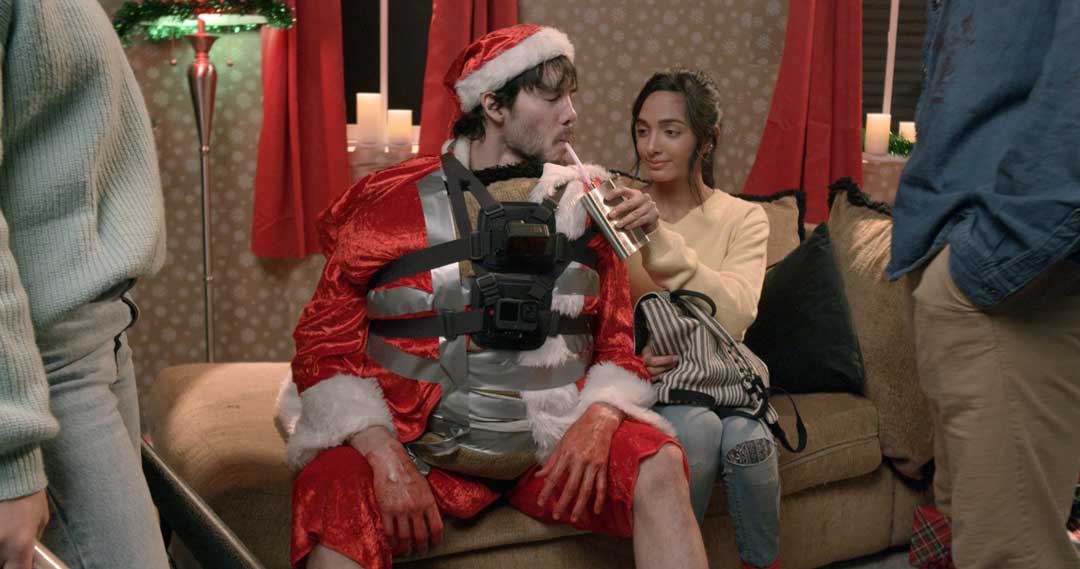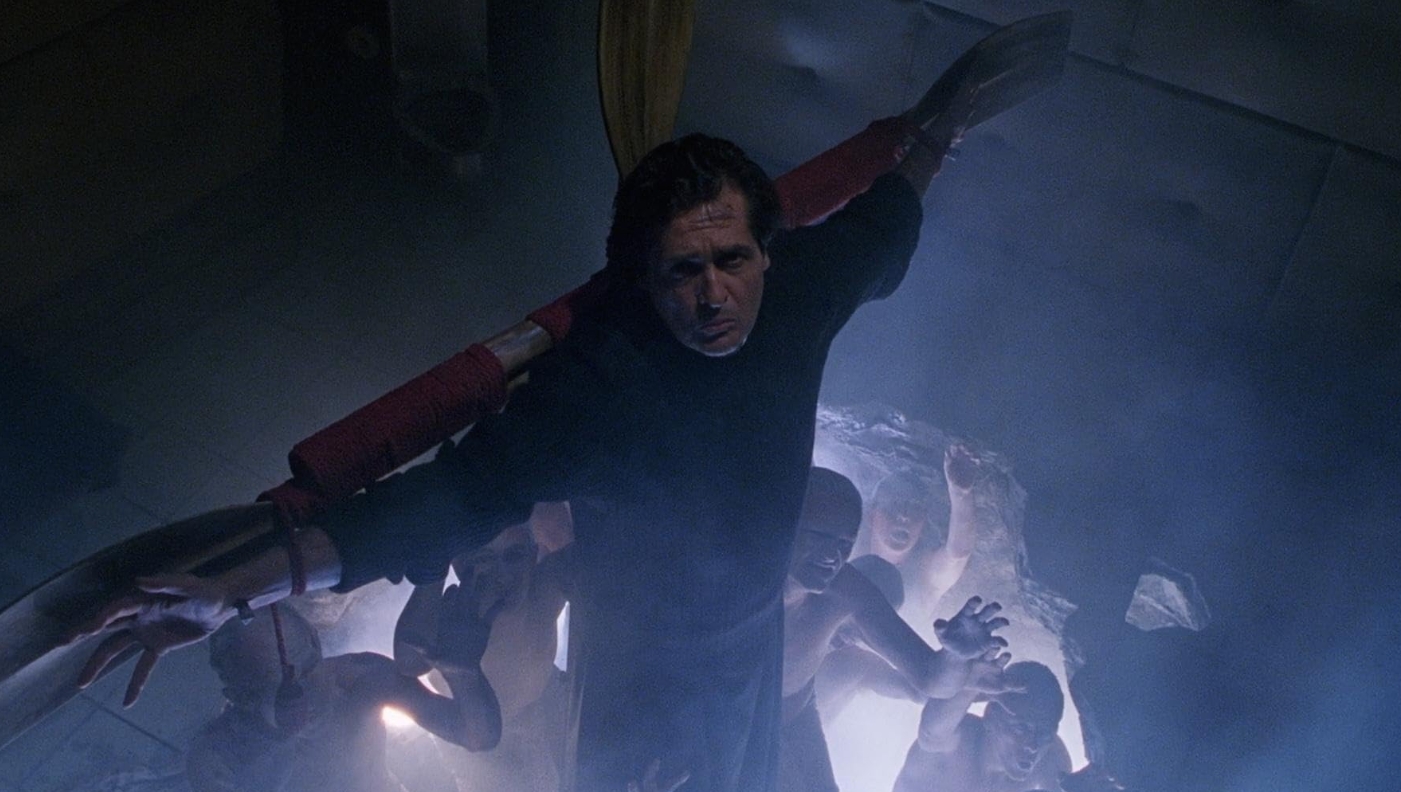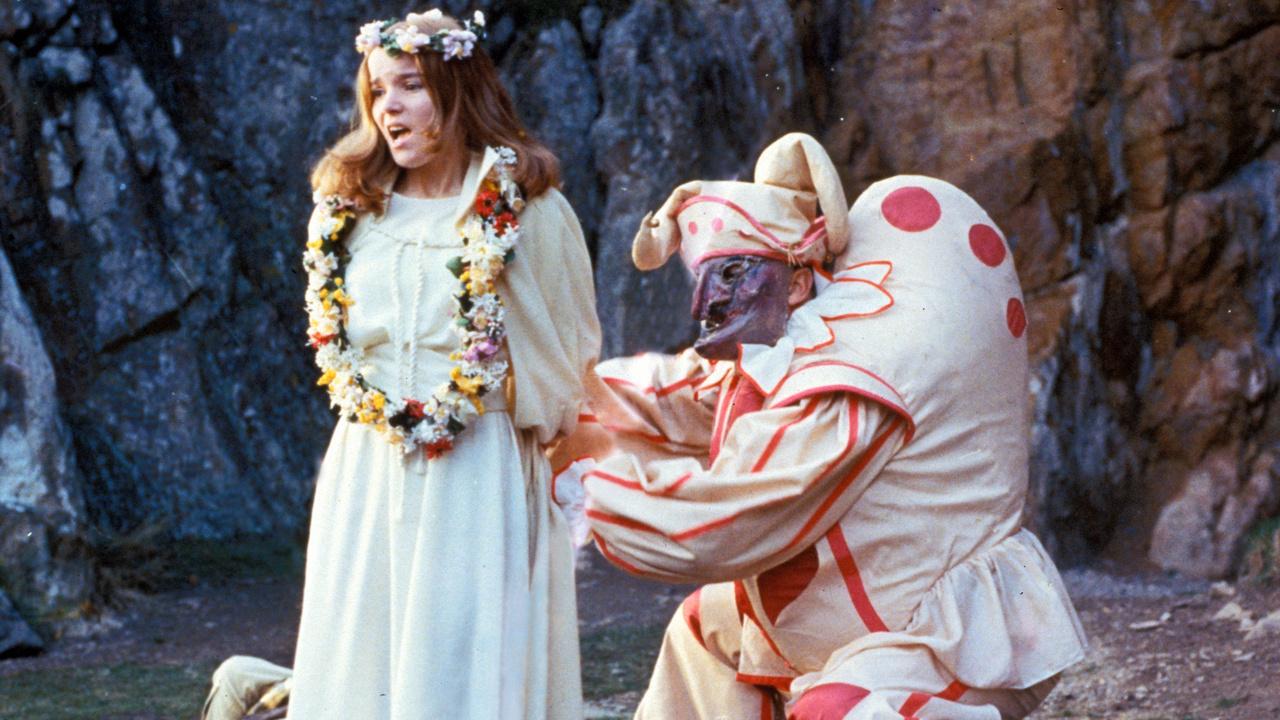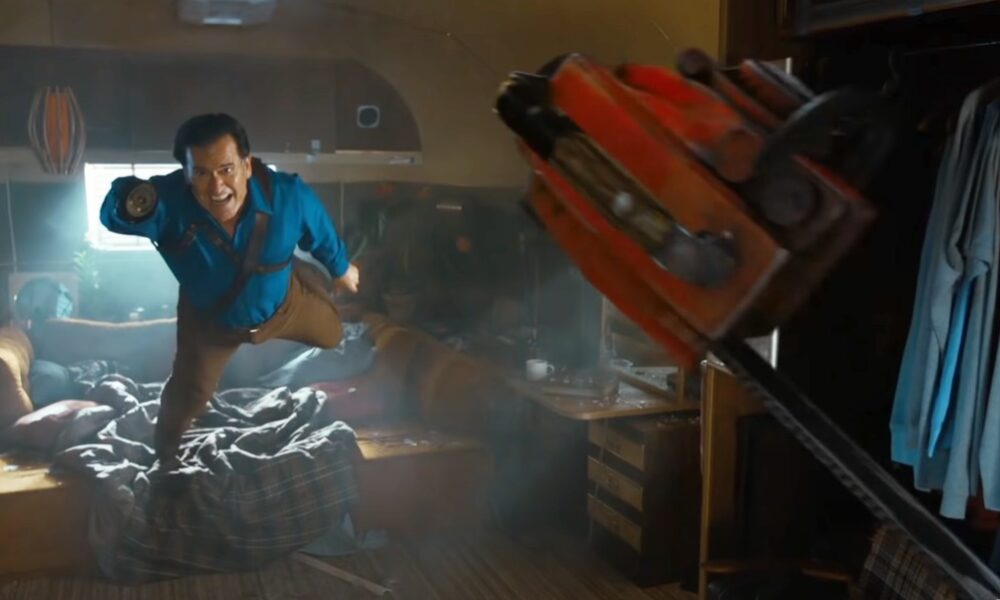In 1967, Frederick Wiseman and John Marshall made a documentary called Titicut Follies after spending 29 days in Bridgewater State Hospital. Located in Massachusetts, Bridgewater was a correctional institution for the criminally insane that opened in 1855.
However, while the hospital allowed Wiseman and Marshall to film there for nearly a month, the Massachusetts government subsequently blocked the premiere and then banned the film from being shown–until 2007. The state of Massachusetts claimed the film was in grave violation of patient privacy. But the real reason they sought to quash it is actually far more sinister.
Titicut Follies, named for an annual talent show filmed in the documentary, is now available for purchase through a variety of websites. Before 2007, it passed hands illegally via a series of groups, meaning its reach was greater than perhaps even the filmmakers realized.
While the movie initially draws intrigue because of its checkered past, it actually represents more than the violated rights of a filmmaker, since permission was given by the superintendent of Bridgewater. Titicut Follies immortalized the sordid past of the United States and its attitude toward mental health care, something that we have been unable to get right since day one.
At the time the movie was made, the state of mental institutions and mental healthcare were pretty dire throughout the country. While state-run facilities were funded from the annual budget, they were rarely inspected on a regular basis and this negligence led to some pretty horrific occurrences.
It’s easy to see why the Massachusetts state government blocked the release of Titicut Follies and initially forced it underground. The film shows the terrible actions of the staff at Bridgewater State Hospital in sequences that simply cannot be ignored. If it were released back then, it would have caused quite a scandal in an era already obsessed with perfection and morality.
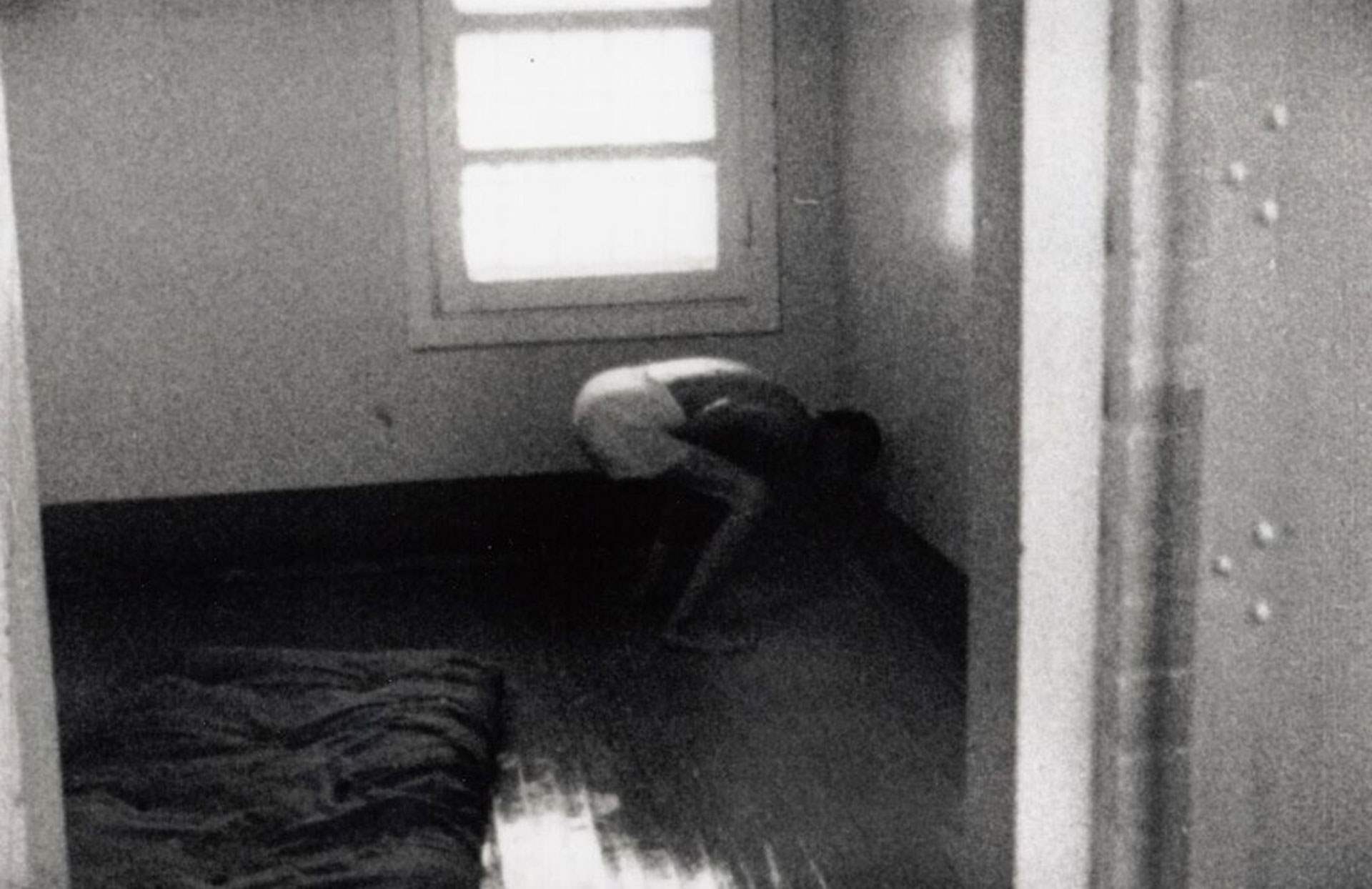
Titicut Follies itself is a hard film to watch, since the viewer is subjected to the harsh reality of life for those experiencing mental health issues during an especially difficult period in our history. In America, and the greater Western World at some point or another, those born with mental deficiencies were treated as less than human beings.
There are so many examples throughout the movie where the patients of the hospital are antagonized, harassed, and berated by the nurses, the caretakers, and the staff. Anything from pretending not to understand when a patient is communicating quite clearly to patronizing them to their face is captured by the filmmakers.
In one of Titicut Follies’ most memorable moments, a patient is taken from his cell, which has nothing in it, just a barred window, and is paraded naked in front of everybody simply because he soiled himself. The guards repeatedly make fun of him and berate him all the way to get cleaned, then provoke him some more on the way to the barber. After he is shaved, they irritate him all the way back to his cell.
During this long exchange, the patient barks back at them several times, obviously unhappy with what is going on. But his guards just laugh and continue their harassment. The patient is clearly so upset about what has been going on for the last twenty minutes that he paces his empty cell, naked after they lock him in for the rest of the day.
There are also several instances that see the patients humiliated by the staff of the hospital. Patients are repeatedly forced to strip completely naked for ‘searches’ in front of other patients, supposedly for their own safety.
After removing all their clothes, the staff nonchalantly, even lazily, sift through them and then thrust the bundle of balled up clothing back into the arms of the patient. What is even more heartbreaking about these particular sequences is that many of the patients, while they don’t like what is happening, have obviously done this so many times before that they’re used to it.
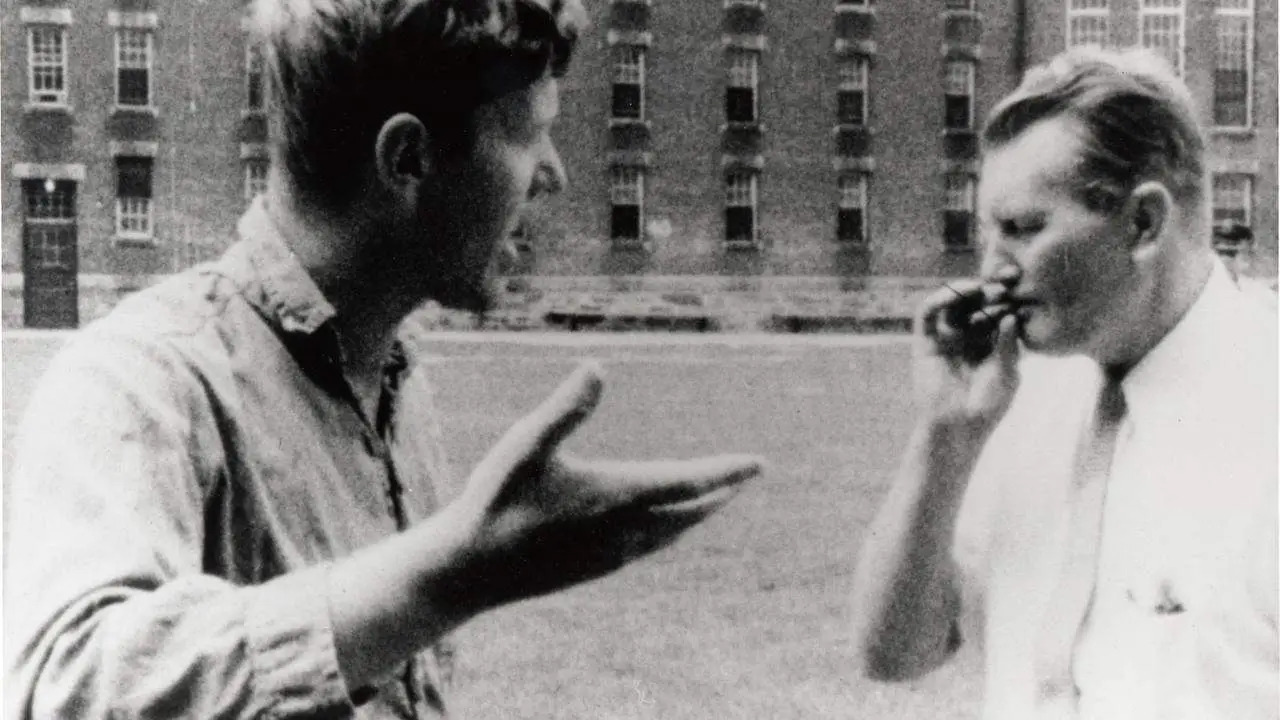
In one of the documentary’s most shocking scenes, a patient has stopped eating, so naturally the solution is to make sure that he gets nutrients. Unfortunately, a cruel, impatient doctor who is seen throughout Titicut Follies decides the best way to help the ailing patient is to force feed him with a gigantic tube and no lubricant. The aftermath of this situation is pretty horrific and is definitely not for the faint of heart.
Overall, while Titicut Follies showcases the terrible happenings at one particular mental health facility, it serves more as a reminder of a past that we have forgotten, a past that dominated not just Massachusetts but a majority of the United States.
Titicut Follies is an important film, not only to remember our history, but to prevent a future where we treat a class of humans as less for something that they cannot change.
Follow us on social media! Twitter and Facebook.
Post Views: 1,534





